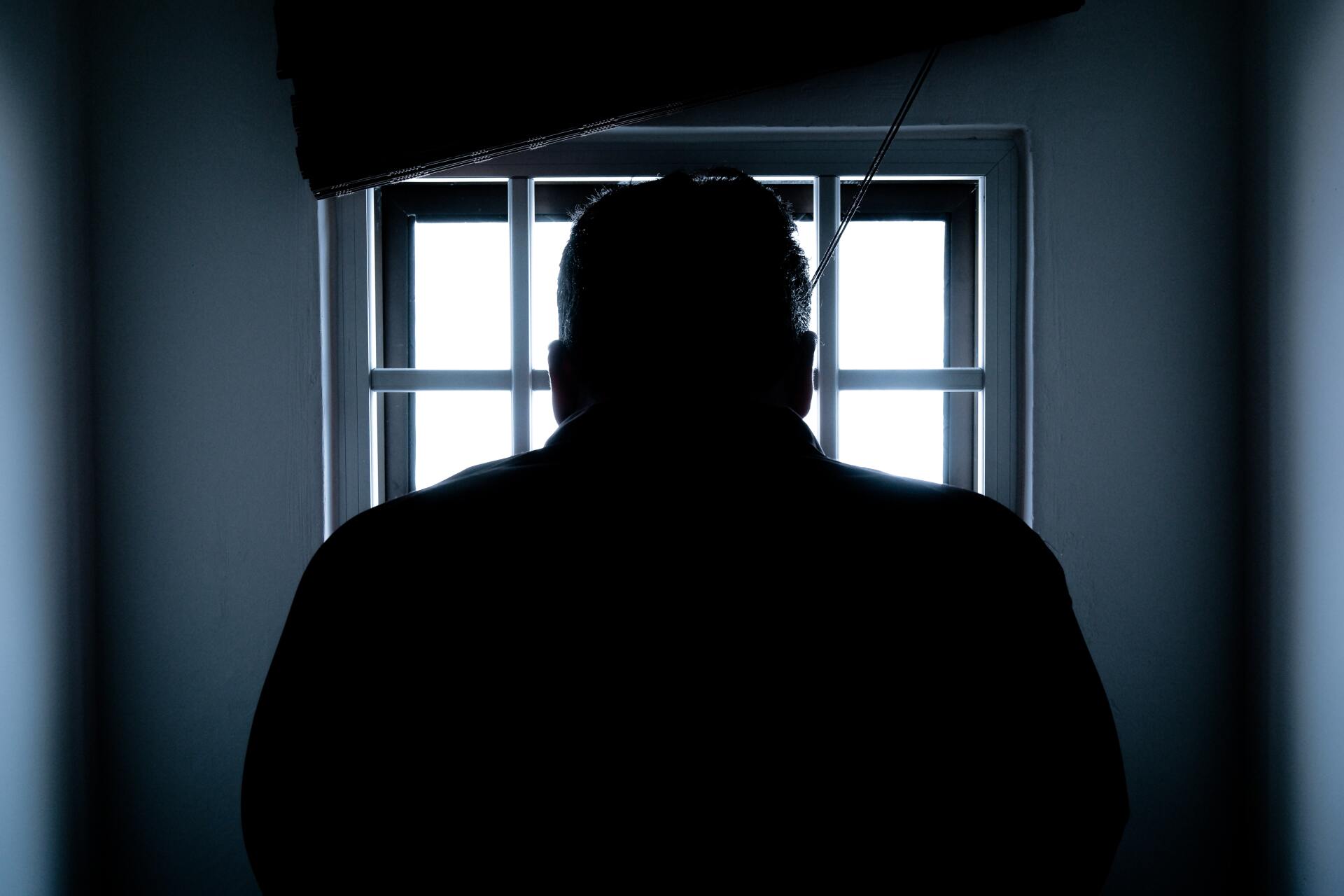Migrant workers’ mental health cannot remain as an afterthought
source: New Age
published: 20 November 2025
Image Credit: Alberto Lugli at www.FreeRangeStock.com
The mental health crisis of migrant workers is a dismal story that often remains little talked about although the impact is severe. Wage Earners’ Welfare Board statistics show that more than 20,000 Bangladeshis have died overseas over five years.
A staggering 31 per cent of the deaths are classified as ‘abnormal,’ an estimated 700 cases of which are suicide. The number of such deaths attributable to mental crises and suicides is likely to be much higher, as the country accepts the bodies without scrutiny or independent post-mortem examinations on repatriated remains.
Besides, many migrant workers, including females, return home carrying unbearable psychological wounds. The non-governmental organisation BRAC alone has received 150 deported migrant workers with acute mental health disorders in five years and its counsellors have supported more than 15,000 migrants experiencing mental distress.
Experts say that migrants are especially vulnerable to mental crises and feel distressed from the very beginning of the migration process. The distress begins from the moment a would-be migrant takes out high-interest loans to pay exorbitant migration fees and it only compounds abroad with low wages, unpaid wages, abusive employers, punishing work hours, poor living conditions and loneliness.
The mental health crisis is especially prominent for female workers, who usually remain trapped inside a house, enduring punishing work hours and abuse.















